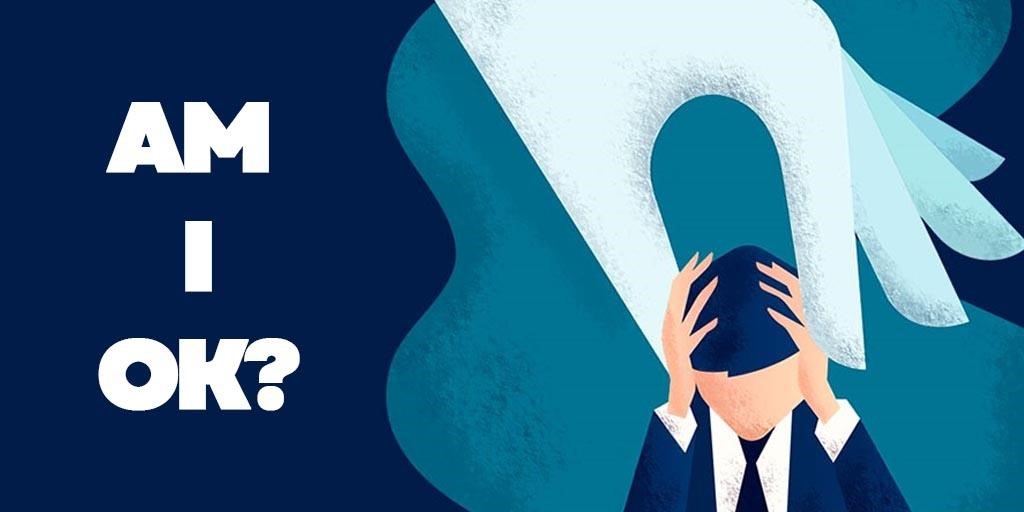
In the chaos of the modern world, it is not uncommon to question or regularly check in whether “Am I OK?”, Often, mental health professionals will check in with clients on how comfortably they are able to go through their day with minimal distress and discomfort and maintain a regular and restful sleep schedule. Checking in on how we are feeling regularly is not unexpected nor is it unhealthy practice.
This piece is not to establish universal benchmarks or standards of what “OK” is. You know yourself best, and periodically asking yourself if you are “OK” is an opportunity for self-reflection and understanding yourself.
If you are finding yourself asking this question repeatedly, or encountering repeating patterns of distress or worry, then it’s worth doing a quick checklist of what could be troubling you.
The below list details some factors that could be affecting you but is by no means a comprehensive go-to tool. If you have persistent concerns or find your worry disrupting your daily quality of life, perhaps you can benefit from speaking with a professional to see what resources can help address your challenges.
Environment
- Have you recently had a change in environment? Maybe moved to a new residence or new place of work? These changes can stress your psyche or mental health and you may experience distress adjusting to a new environment.
- Has there been any significant disruption or change in your immediate climate? Seasonal changes are known to affect people’s moods and could disrupt biological rhythms such as sleeping patterns.
Relationships
- Are you feeling strain or difficulty in maintaining relationships in your life? Having significant connections and feeling supported helps each of us maintain our respective mental wellbeing. Being able to communicate openly and asking for and receiving the support that we need in relationships can greatly impact our individual performance and sense of wellness. Navigating the ups and downs of relationships is not an easy task, and the very same relationships may be a source of stress at times.
- Have you recently experienced the loss of a significant person or figure in your life? The process of grief and losing someone close to you impacts people differently. These feelings of loss can come up even at the end of relationships such as a break-up or separation from a deep relationship. Even after the event itself, there may be recurring feelings of loneliness which can have continue to impact one’s health. The impact can range from a change in sleep patterns, unpredictable moods, and a feeling of isolation or interest in engaging with others.
Physical health
- Do you have challenges maintaining physical wellness regularly? Prolonged or chronic physical conditions such as asthma can increase the chances of developing underlying mental health challenges. If physical fitness is a challenge for you, there is a chance it can contribute to mental challenges such as mood swings, and anxiety stress disorder.
- Have you experienced an acute physical ailment recently? Physical illness has been shown to have an established link with depressive symptoms and increased morbidity and mortality. It is highly likely to aggravate symptoms of mental health disorders.
Others
There are a number of everyday or common concerns that could be affecting you such as lifestyle, diet and workplace conditions. An unfavorable or threatening workplace environment can take a significant toll on one’s mental health.
Conclusion
You know yourself best and if you are experiencing a consistently distressing amount of any of the aforementioned concerns, then perhaps you are further from your ‘OK’ than you would like. Engaging a professional could offer a counselling services in different perspective and together you can craft strategies and actions to help yourself get back to your ’OK’.